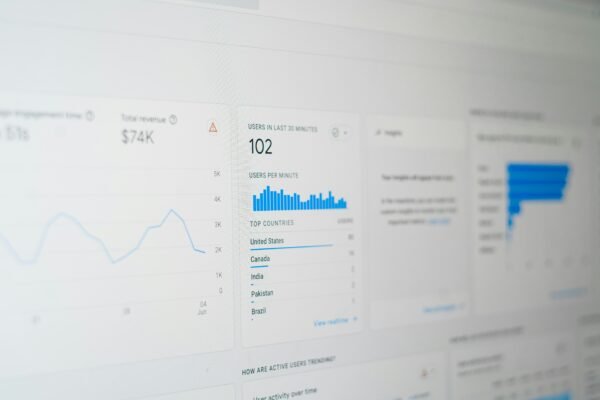
Surveying the Future: Machinery Market Trends for 2025
Overview of the Machinery Market The machinery market represents a vital component of the broader global economy, encompassing a diverse array of sectors including construction, agriculture, manufacturing, and automotive. As of 2023, the machinery industry has seen robust growth, fueled by advancements in technology and increasing demand for automation across various industrial applications. Recent estimates…















